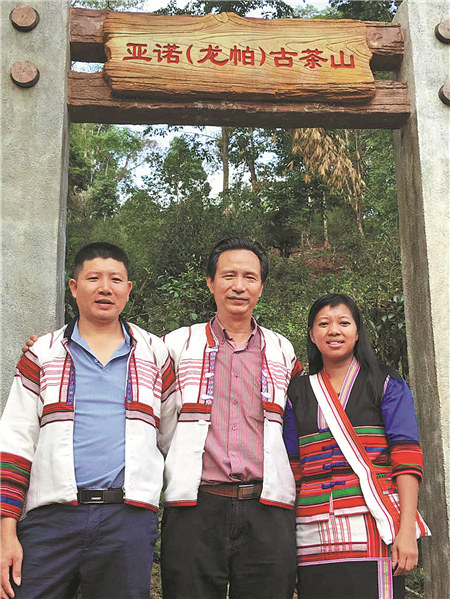The peak of his profession


Zheng is impressed by Jinuo people's solidarity and equality.
According to him, when he first visited the group, hunting was still an important way to make a living, just like their ancestors before them.
"They often hunted with several other villagers. When they successfully caught their prey, even it was only one pheasant, they followed a primitive egalitarian ritual, dividing the meat evenly so that every participant could share a portion," says Zheng.
And they often help each other in daily life.
"When one family has problems, all others offer a helping hand," Zheng says.
"I visited an old man in his 70s, who was almost blind and didn't have children or spouse. All the families in the village took turns to help him till his land and harvest his crops. When he passed away, villagers stopped all work for one day to hold the funeral. They all regarded it as an important issue.
"Old people and children seem to live a carefree life there, and people live harmoniously together," he adds.
Jinuo people attach great importance to education. According to Zheng, in 1984, when one village relocated, the first thing villagers did when they arrived at their new location was not to build houses to live, but classrooms for the children, so that they could go to school as usual. After that, they started to plan their new home.
Speaking about the focus of his research, Zheng says, "on the one hand, it is concentrated on recording their traditions, like their customs, daily activities and people's lives from birth to death. I made a very detailed study on such things and recorded them carefully.
"On the other hand, I have tried to figure out how this group develops, and how people's traditional lives can connect with the modern society, and what problems they face in the process," he adds.




































